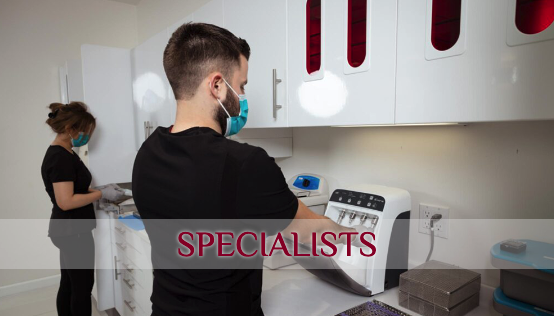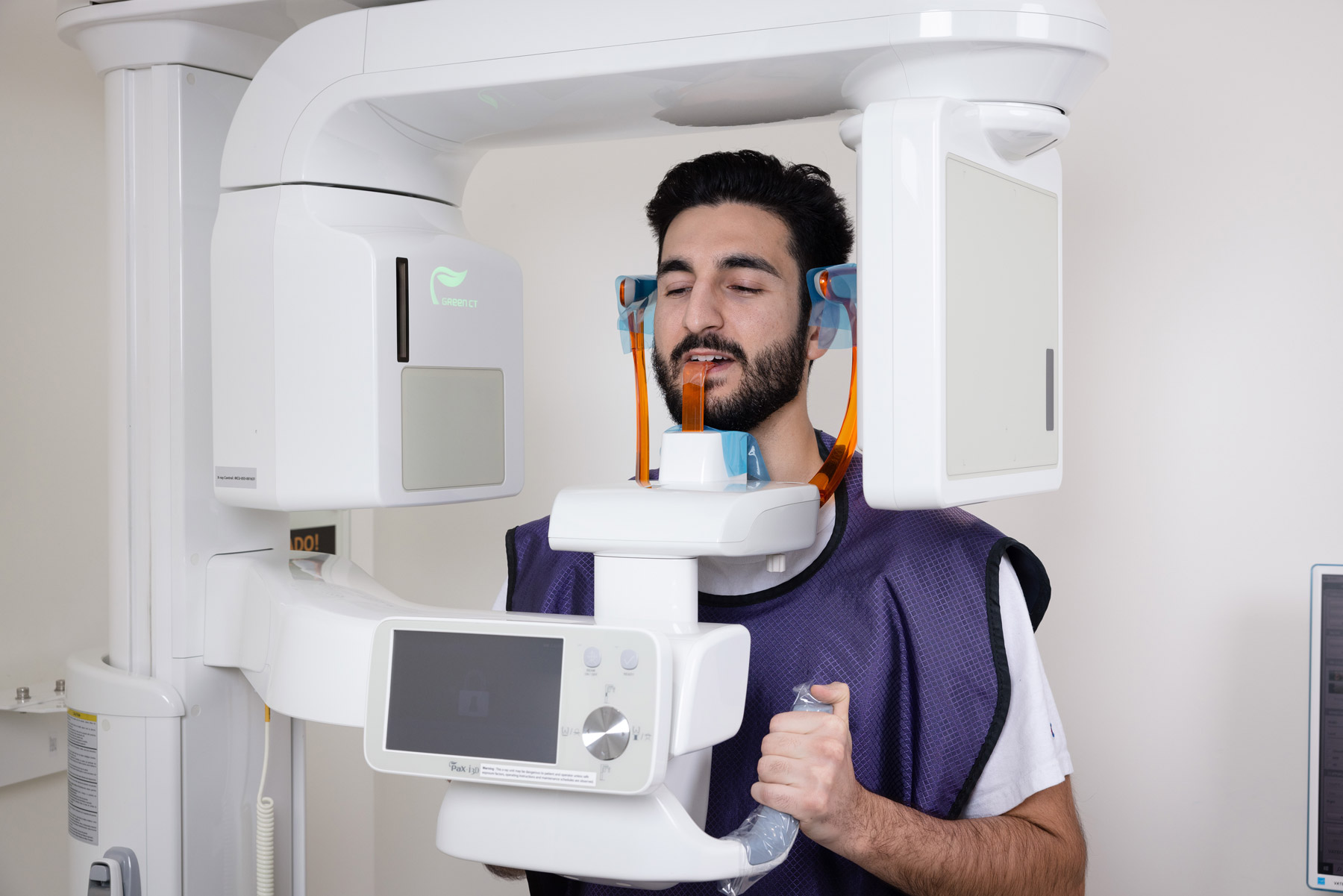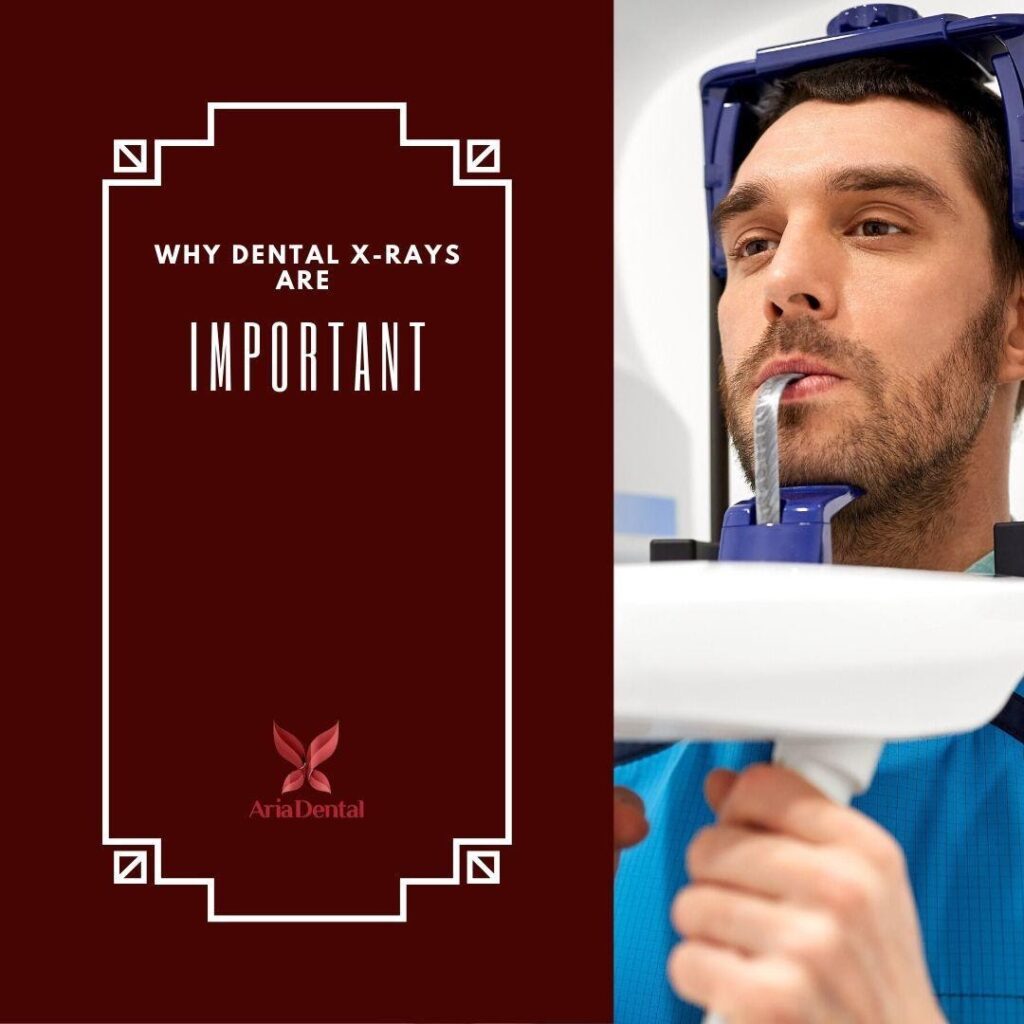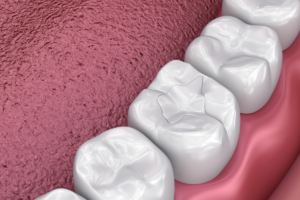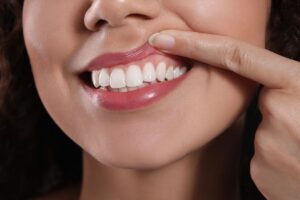Dental x-rays are a common part of checkups at clinics in Laguna Niguel; however, many people don’t really understand the importance of this procedure. During appointments with the dentist, some individuals will even opt-out of this examination because they find it uncomfortable or inconvenient. Unfortunately, these people could be losing out on critical, relevant information pertaining to their teeth and gums.
X-rays can monitor the formation of teeth and detect signs of tooth decay or any other risks to oral health, which makes them valuable to patients of all ages. Your dentist in Laguna Niguel can review the reasons why x-rays are especially important for you, based on your oral health background. Here are some of the factors that might influence how often you should receive a dental x-ray examination:
- Your age
- Any preexisting conditions that your dentist is monitoring
- Your current health
- Any concerning symptoms
- Your oral health history
- Your family’s oral health history
While some people might have some reservations about x-ray safety, the risk of radiation exposure has been greatly diminished over years of technological advancements. According to an oral surgeon in Mission Viejo Ca, dental clinics with advanced and modern technology use the newest digital x-ray machines, along with lead coverings to protect patients from any potential exposure. Oral care professionals in Mission Viejo and the rest of Orange County always have your safety in mind, whether you are coming in for a quick checkup or need advanced dental care like dental implants which require 3D Cone Beam CT-Scans.
Adults require x-ray screenings to monitor any signs of decay under existing fillings or between teeth. These cannot be discerned with the naked eye, which is why x-ray machines are so instrumental in preventing oral health issues from getting worse. Here are some different types of x-rays that dentists can use to gain information about your oral health:
- A Bitewing X-ray: Used to monitor molars, premolars, and canines
- An Occlusal X-ray: Used for a full view of teeth to monitor alignment and palate
- A Panoramic X-ray: Used to assess jaw, teeth placement, and roots
- A Periapical X-ray: Used to examine two teeth from crown to root
- A Digital X-ray: Used to monitor changes over time, all images can be stored electronically
- An Extraoral X-ray: Used to identify problems beyond teeth and gums (usually in the jaw)
For many people, x-rays can be a little uncomfortable. However, it helps to know what you can expect from the procedure and know that it will be over soon, providing you with valuable information for your oral health. Here is how the process usually goes:
Your oral care professional will cover you with a protective lead apron as a precaution from any radiation exposure. They will then proceed to insert a small, plastic apparatus between your teeth. You will be prompted to bite down on this and hold still while the x-ray picture is being taken. The process will repeat until your oral care professional has all the images they need to assess your mouth.
If you have any anxiety about this process, you can speak to your oral care professional and see how they can make the x-ray procedure more comfortable for you. The important thing to remember is that this procedure is ultimately designed for the benefit of understanding your oral care needs.
At Aria Dental, we offer digital X-rays and panoramic X-rays with minimum radiation in which deliver clinically meaningful images that are extremely clear, highly detailed, and most consistent images at lower doses. In addition, our digital X-rays enable us to detect cavities between teeth, determine bone levels, and analyze the health of the bone. We can also examine the roots and nerves of teeth, diagnose lesions such as cysts and tumors, as well as assess any damage when trauma occurs.
We also offer PaX-i3D Green Cone Beam CT-Scan that provides 3-D imaging with higher quality, faster results, and lesser radiation exposure on your body. For more information, call us (949) 364 -9600.








